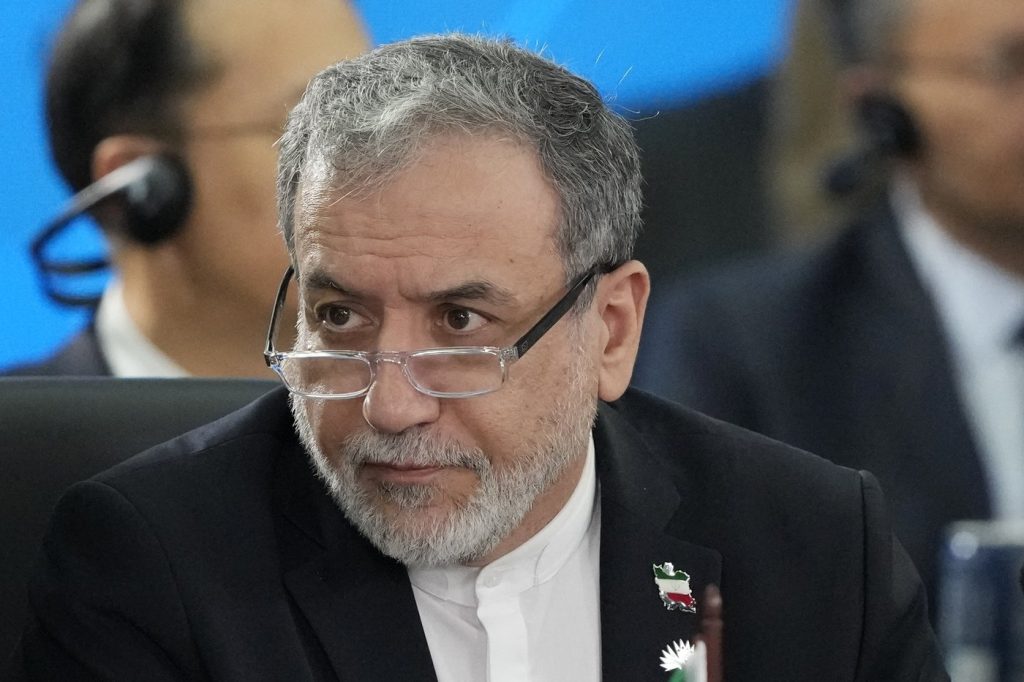Iran's Foreign Minister Abbas Araghchi declared on Saturday that the country is open to resuming nuclear negotiations with the United States, provided there are guarantees against any further military actions. In his address to foreign diplomats in Tehran, Araghchi emphasized Iran's longstanding readiness for discussions regarding its nuclear program, but asserted that assurances must be made to prevent the escalation towards war.
Araghchi referenced the recent 12-day Israeli bombardment of Iranian nuclear and military installations and a U.S. airstrike on June 22, highlighting that these actions complicate the diplomatic path forward. He insisted that any intent from the U.S. or other parties to engage in talks must first include a firm guarantee that such military actions will not recur. “The attack on Iran's nuclear facilities has made it more difficult and complicated to achieve a solution based on negotiations,” he stated.
Following the strikes, Iran halted its cooperation with the United Nations nuclear watchdog, which resulted in the departure of IAEA inspectors from the country. Araghchi explained that Iran will address requests for cooperation from the agency “case by case,” determined by Iranian interests. He stressed that any inspections by the IAEA should take into account Iran's security concerns and the safety of inspectors, citing the potential dangers posed by leftover munitions from previous conflicts at the targeted nuclear sites.
In his comments, Araghchi reiterated Iran’s commitment to continue enriching uranium domestically, a point of contention with U.S. President Donald Trump, who has vocally opposed this development. Israel has justified its military actions by alleging that Iran was nearing the capability to produce a nuclear weapon. U.S. intelligence and the International Atomic Energy Agency (IAEA) have previously assessed that Iran last coordinated an active nuclear weapons program in 2003. However, Tehran has been enriching uranium to levels of up to 60%, a technical step away from the 90% uranium enrichment required for weapons-grade status.
On Monday, Iranian President Masoud Pezeshkian conveyed in an interview that the U.S. airstrikes inflicted significant damage on Iran's nuclear facilities, resulting in ongoing challenges for Iranian authorities to access these sites to assess the extent of the destruction. His remarks indicate a high level of concern regarding the state of Iran's nuclear infrastructure following recent escalations.
Overall, the Iranian government continues to navigate a complex geopolitical landscape where diplomatic avenues for resolution are affected by military tensions and security assurances. With the geopolitical stakes high, the situation remains fluid as Iran awaits the response of the U.S. and other international actors regarding future negotiations.












